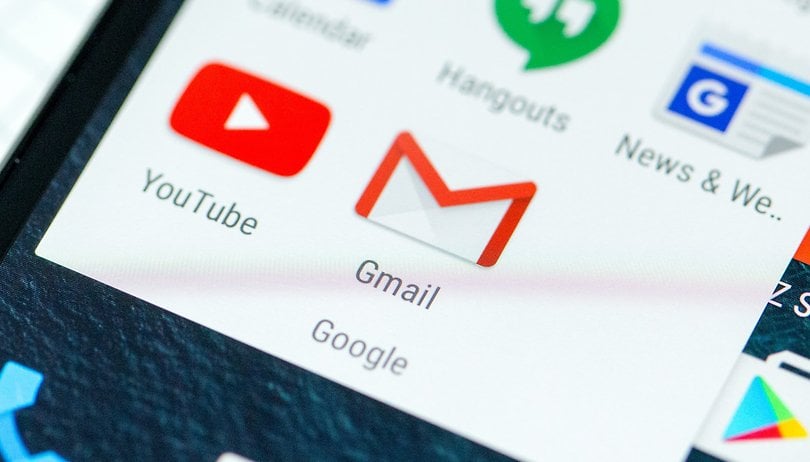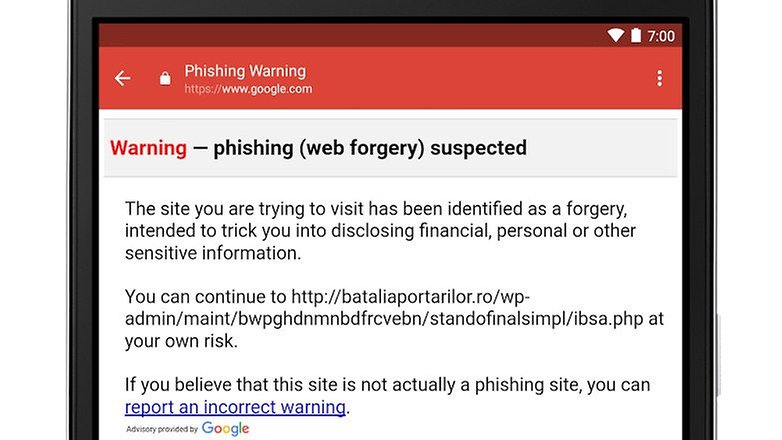3 types of email you should never open


Read in other languages:
Internet security is an issue that should concern us all. While users tend to become more responsible with experience, the traps are becoming more sophisticated and the malicious people who invent them are constantly renewing their tactics. Email is one of the main gateways for cybernetic offenders who want to exploit a flaw in our systems.
Phishing is a form of computer fraud that aims to convince a user, using a graphical interface similar to that of a company or a bank, that he or she can enter their contact details. Of course, they are then received by the malicious person who created the interface. This is one of the most common tactics for appropriating our personal information.
- Android manufacturers are lying to us about security updates
- What are monthly security updates on your smartphone?

There is a simple rule to ensure security in emails: always be wary of anything you receive. If you apply this strategy, your devices and personal information will be a little more secure. However, here are three types of e-mails that you should absolutely avoid opening:
1. Confirmation of personal data
No company or bank will send you an email asking you to "confirm" your personal data through a form or by replying to the email or following a link. If they need to verify your identity or any of your data, the process will be done personally or from the company's website.
2. You have won a prize
Congratulations, you are the lucky winner of a prize of one hundred thousand dollars! The situation is simple: if you have not entered a contest or sweepstakes, it is impossible for you to have won something, and therefore to receive an email notification. Emails warning you that you have inherited a huge fortune from an unknown relative also fall into this category.
3. Your device is infected with a virus
Generating fear is an effective strategy for others to do what we want. In the case of technology, what is scarier than a virus? It is not impossible that our devices may be contaminated, but if so, the virus will manifest itself through system errors or an antivirus alert, but certainly not by email.
Remember that it is best to delete these emails without opening them. If you have any doubts, open them; but do not answer or click on the links in the email.
Have you ever been the victim of an Internet trap? Share your stories in the comments section below.




















Mail to CB bank Myanmar
-
Admin
Nov 12, 2019 Link to commentAnd mails from a Nigerian bank too
got an email before from a "Nigerian" general wanting to transfer his millions to my acct. I only need to transfer several thousands to his acct first.